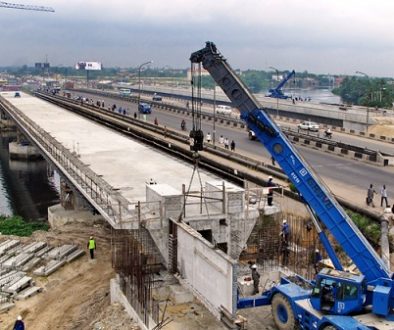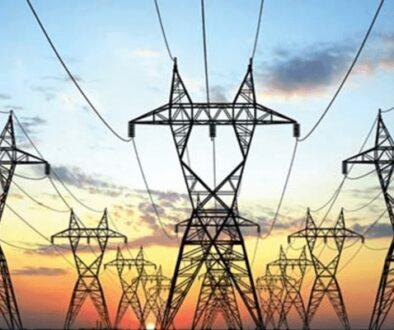Oliserv lists challenges facing Indigenous companies in securing IOC’s divesting assets
Abuja, Feb.16, 2024: The Group Chief Executive Officer of Oliserv Group of Companies, Emeka Okwuosa, has highlighted the challenges indigenous oil companies encounter in securing International Oil Companies (IOC’s) divested assets.
Okwuosa listed the challenges in a presentation tagged: “Financing Africa’s Energy Companies”, on Thursday at the ongoing 8th Sub-Saharan Africa International Petroleum and Exhibition Conference in Lagos.
Okwuosa, in a statement identified financial constraints as a major challenge, adding that securing divested assets often involved significant financial resources, upfront payments, investment commitments and OpEx.
Represented by Nnanna Anyanwu, Managing Director of Oilserv, Okwuosa said these had been a hindrance to acquiring those assets, noting that a sizable number of indigenous companies lacked the financial capacity to compete or access financing on favorable terms.
He emphasised the limited access to capital, given the difficulty of accessing capital from traditional sources such as banks, private equity firms, or capital markets who prefer Green energy investments.
“Limited access to capital has drastically affected ability to fund acquisitions, exploration, development, and operational activities.
“Of note, the acquisition of IOC assets often involves a significant technical and operational capacity to effectively optimise fields, facilities, and infrastructure,” he said.
He took a swipe at the regulation and compliance, which he said may have inadvertently added complexity to acquiring and operating divested assets.
“In order to make a success, indigenous companies are to come out with a mechanism to navigate these frameworks effectively in order to secure and maintain ownership of divested assets,” he added.
He also identified inadequate infrastructure, transportation networks, power supply, port facilities, political and security risks which have the potential to affect indigenous companies seeking to acquire divested assets.
“These risks deter potential investors, delay project approvals, increase operational costs, and disrupt development and production.
“Another thorny issue is that of social responsibility . There is need to maintain the balance in the complex community relations and social responsibility issues associated with acquiring and operating divested assets.
“Indigenous player should have significant exposure in terms of engagement and security owing to the historical/legacy matters and socioeconomic challenges.
“There is need for Due Diligence and risk management skills, especially ones associated with acquiring divested assets require robust processes, and access to reliable data,” he said.
Okwuosa said some of these indigenous companies lacked capabilities and resources to perform comprehensive due diligence, assess risks effectively and implement risk mitigation.
Okwuosa, however, challenged indigenous operators on the need to build value and promote investment through capacity building, charging operators to embrace new trends.
“There is need for IOC and government to establish an initiative that will empower and enhance competitiveness, recommending some approaches such as Nigerian Content Development and Monitoring Board (NCDMB),” he said.
The conference was organised by the Petroleum Technology Association of Nigeria (PETAN) with the theme: “The Next Steps: Accelerating African Content”.





